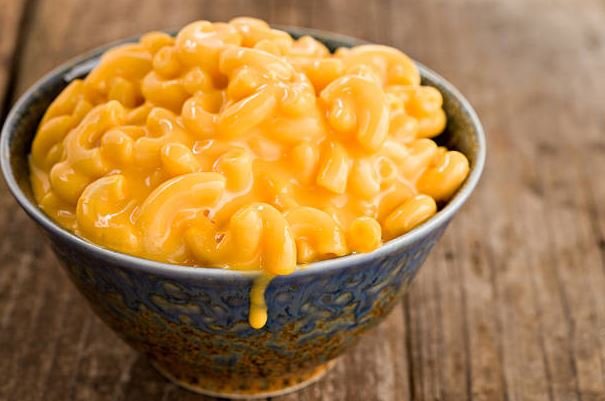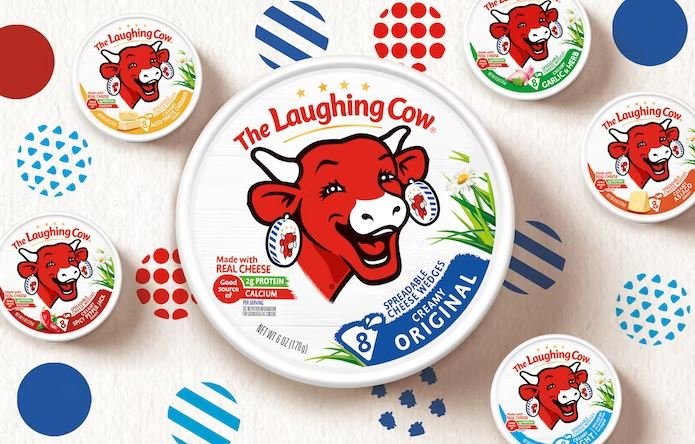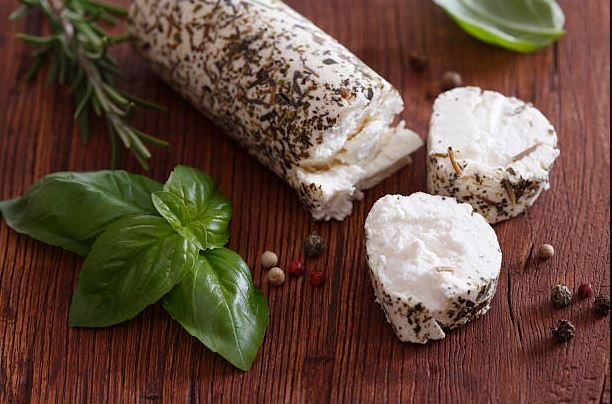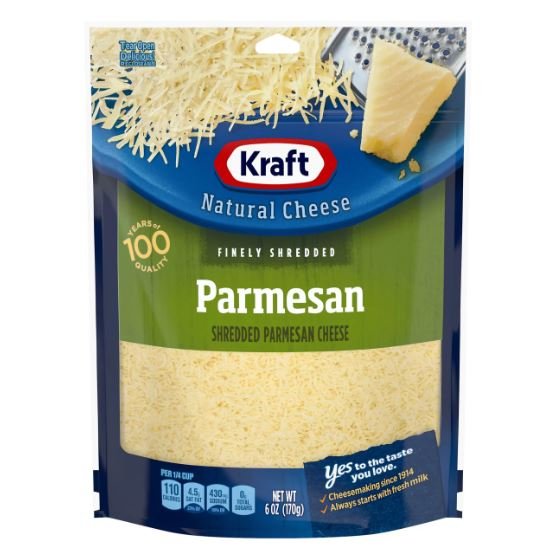Cheese is a versatile food that can be enjoyed in many different ways.
It’s rich in nutrients, such as protein and calcium, and it may reduce the risk of heart disease and osteoporosis. However, some people may wish to avoid cheese due to its high saturated fat content.
So, Is Cheese Bad? Probably not.
Cheese is not bad for you. Plain and simple, cheese is a food that should be eaten in moderation. Eating cheese in moderation is unlikely to hurt your health.
As with all foods, it depends on your nutritional needs and daily caloric allowance. While you may not need to eliminate cheese from your diet, as with any other food, moderation is the key.
If you find that you are never satisfied after eating cheese, that is a sign that it’s time to re-evaluate your diet and make some changes.
You can still enjoy cheese as part of a healthy diet by consuming low-fat varieties in moderation and pairing them with other nutrient-dense foods. This article provides a detailed look at whether you should eat cheese if you’re trying to lose weight or improve your health.
Is Cheese Good For You?
If you’re someone who likes cheese, and you’re looking at a slice of pizza or a block of cheddar and wondering, is cheese good for you? the answer could be yes.
But there is some good news! Cheese contains all sorts of beneficial vitamins and minerals, including calcium, protein, and phosphorus. These help to keep bones strong and healthy.
It also contains conjugated linoleic acid (CLA), which may prevent cancer. Some studies have found that eating cheese lowers levels of the amino acid phenylalanine in the blood, and this may reduce the risk of heart disease by keeping blood vessels relaxed and flexible.
Most cheeses are high in protein, calcium, and vitamin B12, yet low in carbohydrates and fat (or saturated fat). A few good choices would be low-fat cottage cheese, cheddar, or mozzarella sticks.
One ounce of cheddar cheese provides about 1/4 of the recommended daily amount of calcium for adults. Cheese also has vitamin A, B12, and zinc.
People have been eating cheese for thousands of years. We like it, and it has been a part of our diet for so long that it has become a staple food. But is cheese good for you?
The answer to this question depends on several factors, including the type of cheese you’re eating, whether you have any allergies or intolerances, and how much you’re eating.
When it comes to the question of whether cheese is good or bad for you, it depends on what type of cheese you’re eating.
Although many people have been raised to believe that dairy products are essential for getting enough calcium and protein, there are lots of other options out there.
Is Cheese Bad For Your Skin?
The short answer is yes, cheese may contribute to acne.
Unfortunately, the answer is a little more complicated than a simple yes or no. There are many different types of cheese, some are better for your skin than others and each will have its effect on your acne.
In general, cheese that has more fat in it is worse for your skin and will cause more breakouts. However, even cheeses with lower fat content will have little or no effect on your skin.
Is Cheese Bad For Keto?
Cheese is zero carbs. It is a great keto snack. It’s high in protein, calcium, and healthy fats. Cheese can also be a good source of vitamin B12. You can eat it on a ketogenic diet with impunity.
Many people think that because cheese is high in fat it’s not allowed on the keto diet. But this isn’t true! Cheese is very good for you on the keto diet and can be a great snack or addition to meals.
Is Cheese Bad For You When Trying To Lose Weight?
No, but it can make weight loss more difficult. Cheese can be included in a weight-loss diet, but portion control is essential. Cheese contains several nutrients that play a role in maintaining health.
Is Cheese Bad For You When Dieting?
If you are on a diet, it’s best to avoid cheese or eat only a small amount. Cheese is high in calories and may cause weight gain if eaten in large amounts. However, eating a small amount of cheese as part of an otherwise healthy diet may help you lose weight while meeting your calcium and protein needs.
Is Cheese Bad For You At Night?
There’s nothing wrong with eating cheese at night just before bedtime or as a midnight snack. Cheese has a lot of calcium, which can help you sleep better, and it’s a good source of tryptophan, an amino acid that helps the body make melatonin and serotonin, two chemicals that promote healthy sleep.
Is Cheese Bad For You If You Have High Cholesterol?
Cheese can be high in saturated fat, which raises cholesterol levels. However, not all cheese contains the same amounts of saturated fat. Some cheeses are very low in saturated fat, such as Parmesan with only 0.6 grams per ounce.
Cheese can be part of a healthy diet for people with high cholesterol. A moderate amount of low-fat cheese is part of the Mediterranean diet, which has been shown to have benefits for heart health.
Is Cheese Bad For Vegans?
Cheese is not inherently bad for vegans. However, most traditional cheeses are made from cow’s milk and therefore not vegan-friendly.
However, many different types of vegan cheeses available mimic the taste and texture of traditional dairy cheeses. Vegan cheeses can be made with soy, coconut oil, or nuts such as cashews and almonds. These options can be healthier for you since they don’t contain cholesterol or lactose, which many people are intolerant of.
Is Cheese Bad For Your Brain?
Eating cheese in moderation does not pose any threat to your brain or cognitive performance. It is loaded with nutrients and may have many healthy nutrients for cognitive function, including helping you sleep better, boosting your mood, and reducing the risk of stroke.
Is Cheese Bad For Your Liver?
Cheese is high in protein and some nutrients, which are essential for maintaining your health and well-being. However, it can also be high in saturated fat, sodium, and cholesterol. If you have liver problems, it may be best to minimize or avoid certain types of cheese.
Is Cheese Bad For Your Kidneys?
Cheese is rich in nutrients like calcium, protein, phosphorus, zinc, vitamin A and vitamin B12. Cheese is also a great source of saturated fat which your body needs. Cheese doesn’t seem to be toxic to your kidneys. It might even help you fight kidney disease, depending on what other foods you eat.
Is Cheese Bad For Your Teeth?
Many things can contribute to tooth decay and cavities, including sugary foods, alcohol, smoking and not brushing your teeth properly but cheese isn’t one of them.
Cheese is a good source of calcium and protein. They also contain several other nutrients, such as phosphorus and vitamin D, which help strengthen our bones and teeth.
Cheese is amazing food, but it’s also high in calories and saturated fat. I’m a big believer that all foods fit, so I’m not saying cheese is off-limits. But if you’re trying to lose weight or eat healthier, you might want to limit or avoid cheese in your diet.
Our advice is that if you are worried about your health, avoiding dairy is a good general strategy. It will help ensure you’re getting the nutrients you need from whole foods, rather than from processed food products like cheese. But one person’s good diet choice might not be the best choice for everyone else. Instead of ditching dairy for a long period (which may well be unnecessary), figure out whether your chosen approach works for you.
How Much Cheese Should I Have Per Day?
The average American consumes about 400 pounds of cheese per year, which comes out to about 32 pounds of cheese per person. That’s enough cheese to fill a standard-sized pizza.
Cheese is so popular that there are entire industries just to make it easier for people to eat more cheese (which is not at all surprising, as many supermarkets sell pre-made pizzas).
How much cheese should you eat per day? That’s a tough question. On one hand, a single ounce of cheese provides about 25% of your daily calcium needs, which is about 30% more than what you get from other dairy foods like milk or yogurt.
Yet, on the other hand, cheese tends to be calorie-dense and high in saturated fat, which makes it a less-than-ideal snack for weight loss and cardiovascular health. So how much cheese can you eat per day?
The American Heart Association recommends eating no more than three portions of cheese per day, which each serving capped at 42 grams of cheese, and a 2017 article from MedicalNewsToday, eating around 40 grams (1.41 ounces) of cheese every day can reduce the risk of heart disease and stroke.
Cheese can be part of a healthy, balanced diet when consumed in moderation — as a treat, rather than a daily habit.
How Much Cheese Is Too Much?
Whether you’re a certified personal trainer or just a person who loves to eat cheese, there are certain things you should know about dairy’s effect on your body.
When it comes to cheese, there’s no such thing as too much. The amount of cheese you should consume depends on your lifestyle and dietary goals. In general, eating any amount of cheese is better than eating none at all, as it can help you get your daily value of calcium and protein.
However, if your goal is to lose weight or prevent weight gain, you may want to limit your intake of high-calorie cheese varieties like cheddar, mozzarella, parmesan, and cream cheese.
Cheese is a nutritionally dense food that’s packed with protein and calcium but also high in calories, and saturated fat, and eating too much cheese can contribute to unwanted weight gain over time.
Although many people think of cheese as a guilty pleasure, you’re better off eating a little every day than avoiding it altogether. The problem is that many people eat more cheese than they should and end up giving themselves heart attacks and weight gain.
Cheese is a food staple around the world but has also gained a reputation for being food to avoid if you want to maintain good health. From cholesterol and saturated fat concerns to the formation of arterial plaques and other heart-related issues, dairy products have earned the label of “negative health food,” and cheese is no exception.
Ultimately, the health effects of cheese will likely vary greatly from individual to individual based on a range of factors. There is no need to go overboard in either direction on this issue, though perhaps eating cheese in moderation is best for most people. All things considered, it would seem that the benefits of cheese pretty clearly outweigh the risks.



















